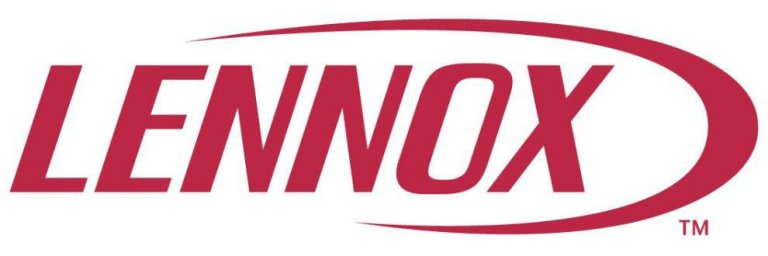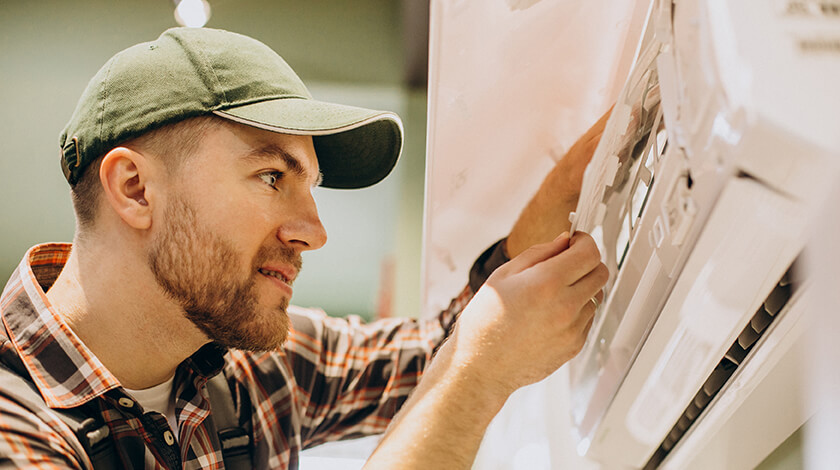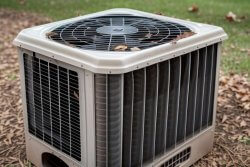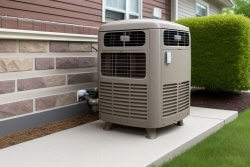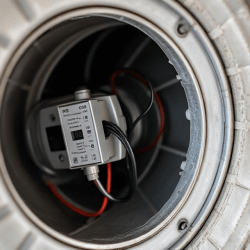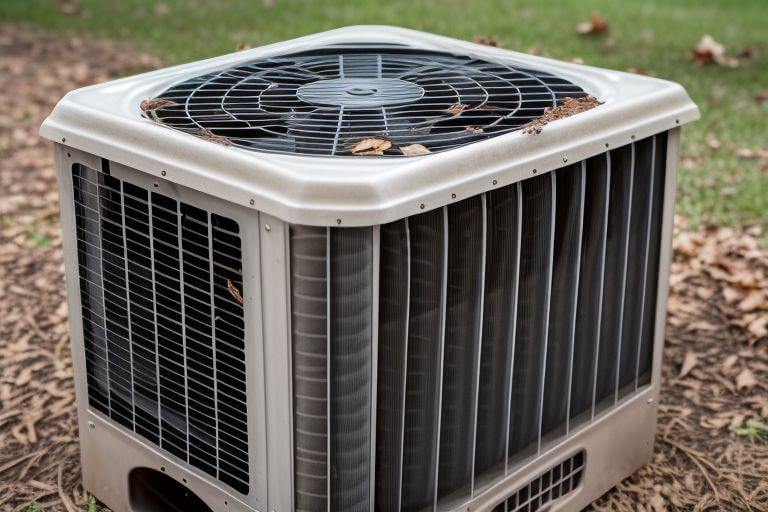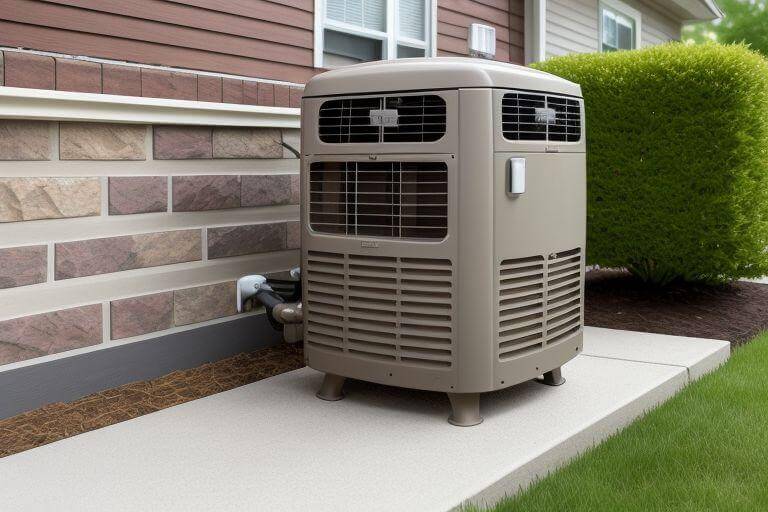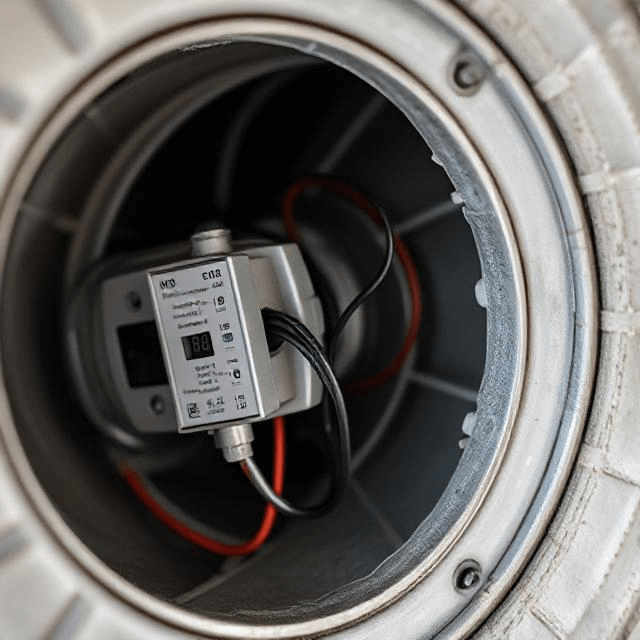Is it time to put your old system to rest? Here are some of the most common signs.
It seems as though air conditioning units are always breaking down at the worst possible times: Hello, Summer!
Well, once warmer months are in full swing, your air conditioning unit gets pushed to its limits, and, together with all that cumulative wear and tear, it can lead to serious AC damage.
Summer is coming, and soon you’ll run the air conditioning around the clock just to stay comfortable. As you start preparing your home for warmer months ahead, have you considered replacing your HVAC system?
Although this is the last thing anyone wants to hear, the moment an air conditioner unit fails is typically when you need it the most.
Here are 9 signs that indicate it’s time to replace your HVAC system, and we recommend not taking any chances!
1. Your AC Unit Is More Than 10 Years Old
Air conditioning systems are significant investments we make for our homes, so it’s only logical to want to get the most out of them.
For air conditioners, the average lifespan is about 15 years, but the cost to keep an old AC unit could be more than purchasing a new one in the long run. If your older system is constantly breaking down, consider it an opportunity to upgrade to a modern setup.
AC units that are more than ten years old also likely use a refrigerant known as R-22, which is no longer produced in the U.S. This type of freon is not only outdated, but it is harmful to the environment. Upgrading to a newer unit will reduce your carbon footprint while cutting down on your monthly energy bills: win-win.
2. You’re Dealing With Constant Expensive Repairs
Repairs, repairs, repairs.
Air conditioning repairs can be inconvenient, but continuous repairs can become expensive!
A good preventive AC maintenance routine can keep your air conditioner working its best longer, but AC units and parts shouldn’t need replacement often. Plus, who wants to deal with expensive repairs anyway?
If you’re that person constantly dealing with HVAC repairs, it may be time to make a move and get a new unit that will save you time, money, and headaches! (Thank us later!)
3. Your Energy Bill Keeps Going Up
If you cringe every time you receive a new energy bill, your AC unit may not be running as efficiently as possible, and at some point, an upgrade will be necessary.
Upgrading to a high-efficiency air conditioner can cut down on your energy bills by as much as 40% (yes, you read that right!)
While seasonal changes to your energy costs are normal, bills on the same month of different years should be relatively similar, especially if your energy use habits have remained constant.
Keep an eye on your energy statements as an indication to start looking for HVAC system replacements.
4. The Temperature is Never Right
Too cold, too hot, never in the right spot.
If your HVAC system struggles to keep your home at a consistent temperature, it’s probably due to a damaged thermostat, low fluid levels, clogged filters, cracked ducts, or damage to the motors —all signs of an aging system.
Temperature inconsistencies can make you feel uncomfortable in your own home and increase your energy bills, and to that, we say no thanks.
5. There’s Dust Everywhere
Your HVAC system is responsible for providing proper ventilation, improving the air quality inside your home, and keeping humidity under control.
Leaky ducts can pull particles and air from attics and basements and distribute them throughout your home. If you’ve been sweeping away more dust than you can handle lately, your air conditioning system may not be working as efficiently as usual.
6. There’s a Foul Smell
What’s that smell? Is there a smelly situation coming from your HVAC system?
It’s important to turn off the device and have it inspected immediately and check for melting wires or mold. Either way, you already know what this means, right? Hint, hint.
7. Your AC Makes Strange Noises
If cool air in your homes means hearing noises such as grinding and squealing, something’s not quite right. A well-maintained HVAC system should operate relatively quietly. If you hear loud buzzing noises coming from your air conditioner, it’s very likely that it is malfunctioning and the time has come to replace your unit.
8. The Airflow is Weak
If your air conditioner takes forever to cool down your home and as you stand by the vents, you don’t feel a strong rush of air from your air conditioner, it can be a sign of a blockage or that the compressor of your A/C unit is failing. If the problem is with your compressor, replacing the unit is more cost-effective than simply replacing the compressor, especially if the unit is several years old.
While it’s possible to have a professional manage these issues, they can be quite expensive depending on your system’s age and the extent of the problem. When the costs get too high, you might want to consider the cost of a new unit.
9. You Have Poor Air Quality
A little water dripping from a home AC unit is normal. Still, if you begin to notice mold, mildew, dust, or unusual humidity levels, you might be dealing with a damaged air conditioner that should be replaced.
You read the signs, now what?
If you have recently noticed any of these signs with your HVAC system, call us today. Our team of experienced technicians can help you through the process of replacing the perfect HVAC system for your home and budget because the fact that you’re reading this, is also a sign!
If you are now considering it may be time to replace your current HVAC system, read more about your replacement options in our blog, “What Are the Different Types of HVAC Systems?“
